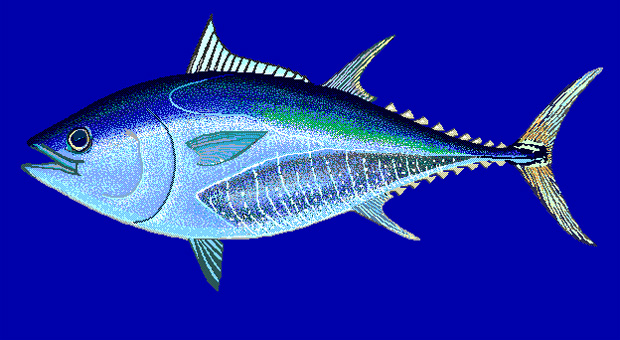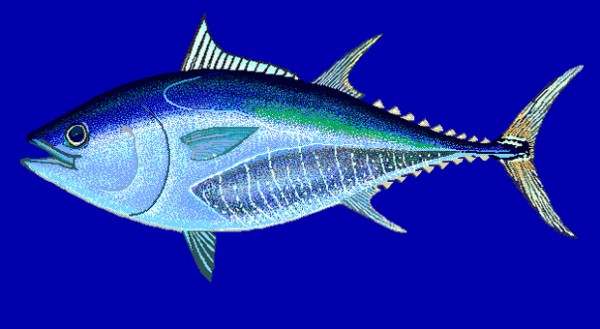By Kalee Thompson Medium.com
A captain held captive by his own crew. A boat flying the U.S. flag but violating every American law. Welcome to the big, bad world of distant water tuna fishing.
[dropcap]C[/dropcap]aptain wanted. No experience necessary. Doug Pine was on vacation on Maui in June 2009 when he saw the ad online. Pine, then 48, had been out of work for months; the economic downturn had taken a big bite out of maritime work. Experience, though, was one thing he had plenty of. In a 30-year career, mostly working out of Seattle, he’d captained a range of vessels: whale-watching boats in Hawaii, offshore supply ships in the Gulf of Mexico, tugboats in Washington State. But this job posting was unlike anything he’d ever seen.
The ad described a gig as master of a Western Pacific tuna fishing boat, an American ship with a crew of 24 men. The vessel was a purse seiner, a steel-hulled fishing boat that used a gigantic rectangular net that closed like a drawstring purse to catch tuna for StarKist, America’s most popular tuna brand. He sent an email.
Less than 15 minutes later he had a response. It didn’t come from the address listed, but from someone at a Korean company called Dongwon. “When can you be here?” the email asked.
Don’t you want to know anything about me? Don’t you want to interview me? Pine wondered.
But the only questions the company had were if his license and certificates were up to date, and when could he start.
Less than two weeks later Pine landed in Honiara, the capital of the Solomon Islands. He’d agreed to a 90-day contract with pay of $9,400 a month. If he returned for a second hitch after a three-month break, he’d get half pay for the months off — what the company referred to as a “loyalty bonus.”
Pine explored the island as he waited for the boat to come into port. The tropical weather was perfect, but Pine was struck by the vast piles of disintegrating water bottles and assorted plastic detritus that littered the shore.
After several days, the ship arrived. The Majestic Blue was an older boat, almost 200 feet long, the hull painted a deep blue and a massive net bundled at the stern. The outgoing captain gave Pine a quick tour. He was shown to his cabin, where he dropped his duffle, backpack, and guitar. The space was tiny and dingy. The toilet didn’t flush properly. The shower was just a cutoff hose. The whole ship seemed trashed, except for the fishing gear, which looked brand-new.
Pine was introduced to the crew — a mix of Korean, Indonesian, Filipino, and Vietnamese men. He was the only American on board. Among his charges was the fishing master, a Korean named Kyong Su Kim. Kim was about 5-foot-8, in his 30s, clean-shaven and muscular with deeply bronzed skin. Despite the heat, he wore a lightweight windbreaker with “Dongwon” printed on it. Pine noticed that no one called Kim by his name; they just referred to him as “fishing master.” Kim, Pine soon learned, had been captain of the ship until 15 months before, when it had been rechristened under the American flag.



